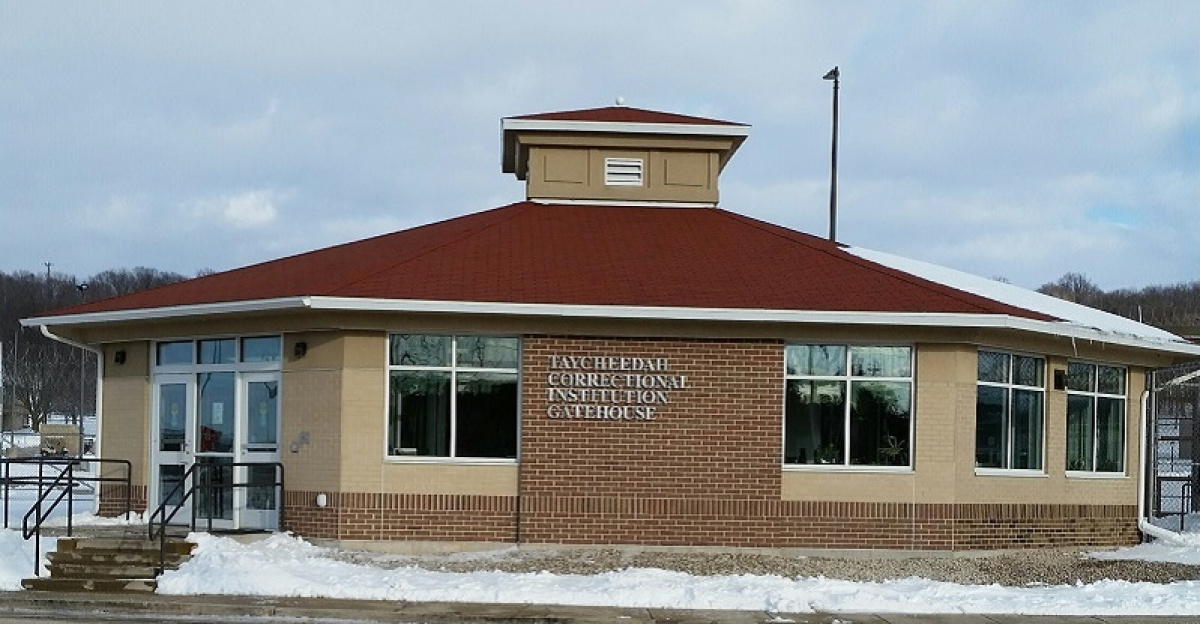
October 2025 brought a pivotal moment for Chelsea O’Donnell, daughter of comedian Rosie O’Donnell, as a Wisconsin court ordered her to serve time in prison after a year marked by escalating legal and personal turmoil. The decision followed a series of arrests and probation violations, thrusting Chelsea and her family into the spotlight and raising urgent questions about addiction, justice, and the state’s approach to rehabilitation.
Legal Troubles and a Family’s Struggle

Chelsea O’Donnell’s legal challenges intensified throughout 2024, culminating in her probation being revoked in October 2025. Arrested multiple times for drug possession, child neglect, and bail jumping, Chelsea’s repeated violations drew the scrutiny of Marinette County’s Drug Court. The court ultimately determined she had failed to make adequate progress in her mandated treatment program, a setback that led to her incarceration at Taycheedah Correctional Institution, Wisconsin’s primary women’s prison.
The O’Donnell family’s ordeal is not unique. Rosie O’Donnell has spoken publicly about the generational struggle with addiction that has affected her family, highlighting the broader societal challenges of breaking cycles of substance abuse. Chelsea’s journey, marked by relapse and legal consequences, mirrors the experiences of many families grappling with addiction and the criminal justice system.
Inside Wisconsin’s Correctional System

Chelsea’s transfer to Taycheedah Correctional Institution places her in a facility that has come under increasing scrutiny. Established in 1921, Taycheedah is the state’s main prison for women, housing hundreds of inmates in both maximum- and medium-security settings. Recent years have seen a rise in concerns about inmate safety, healthcare quality, and transparency at the institution. In 2024 alone, Wisconsin reported 61 deaths among prisoners, underscoring systemic issues in healthcare and oversight.
Advocates and families have voiced frustration over the lack of information about inmates’ health and treatment outcomes. Incidents at Taycheedah, including deaths and outbreaks of illness, have prompted calls for better medical oversight and more transparent reporting. These concerns are not limited to high-profile cases like Chelsea’s but reflect broader challenges facing incarcerated women across the state.
Addiction, Treatment, and Program Failures
Chelsea’s incarceration followed her inability to complete the Marinette County Treatment Drug Court Program, a fate shared by many participants. Nationally, drug court non-completion rates range from 30% to 70%, illustrating the difficulty of court-mandated addiction treatment. The program’s failure to keep Chelsea out of prison highlights the limitations of current approaches to rehabilitation and the persistent barriers to recovery for those struggling with substance use disorders.
While Taycheedah offers substance abuse treatment and educational programs, including initiatives like Odyssey Beyond Bars, success stories remain rare. Many inmates face significant challenges reintegrating into society after release, and the cycle of addiction and incarceration often continues. Critics argue that Wisconsin’s system still prioritizes punishment over meaningful rehabilitation, despite administrative efforts to emphasize treatment.
Impact on Families and Calls for Reform

The consequences of Chelsea’s imprisonment extend beyond her own life. With her children’s custody uncertain, the O’Donnell family’s struggles have intensified, illustrating the personal costs of addiction and the justice system’s impact on families. Rosie O’Donnell has described her daughter’s journey as “painful,” a sentiment echoed by many families in similar situations.
Advocates and public critics are increasingly calling for reforms to Wisconsin’s probation and incarceration policies. They argue for greater transparency, improved healthcare, and more comprehensive addiction treatment options. Experts question whether the current system effectively addresses the root causes of substance abuse or simply perpetuates cycles of incarceration.
Looking Ahead: Stakes and Implications

Chelsea O’Donnell’s case has drawn national and international attention, in part due to her family’s public profile. Yet the issues it raises—addiction, the limits of the justice system, and the challenges of rehabilitation—are far-reaching. As Wisconsin debates the future of its probation and drug court systems, policymakers face mounting pressure to balance public safety with compassion and evidence-based treatment.
The outcome of Chelsea’s story remains uncertain, with the length of her sentence undisclosed and her prospects for recovery unclear. Her journey underscores the urgent need for systemic reform and a more humane approach to addiction, one that prioritizes treatment and support over punishment. As public awareness grows, the stakes for families like the O’Donnells—and for the broader community—could not be higher.